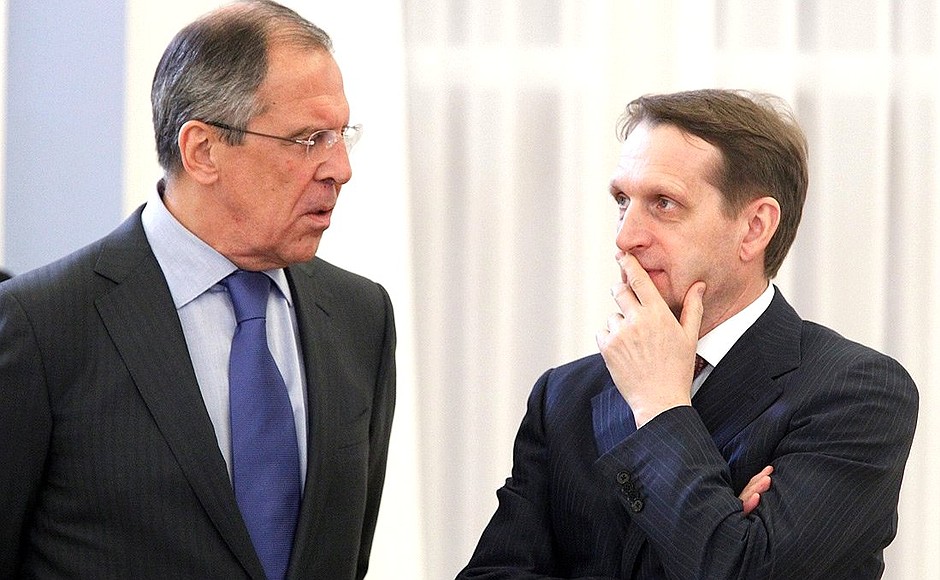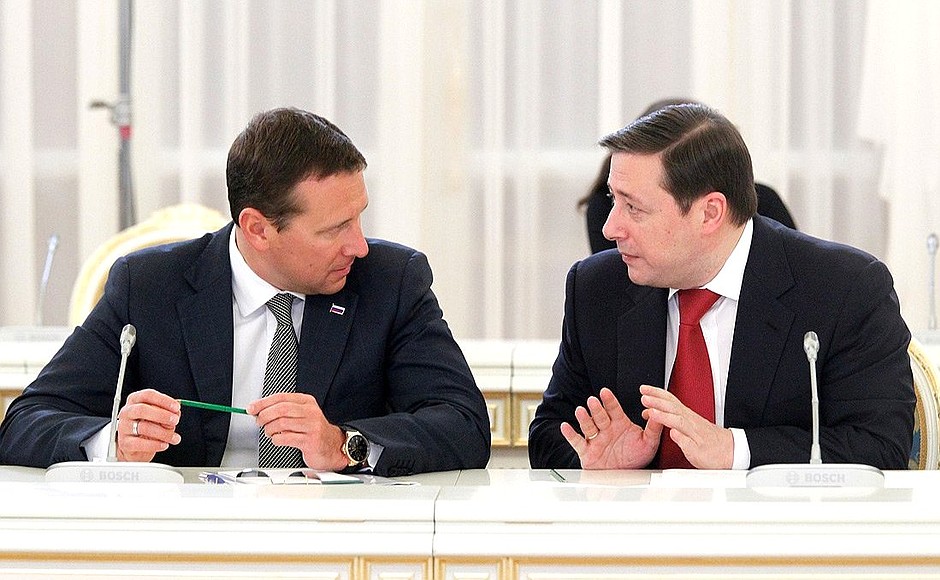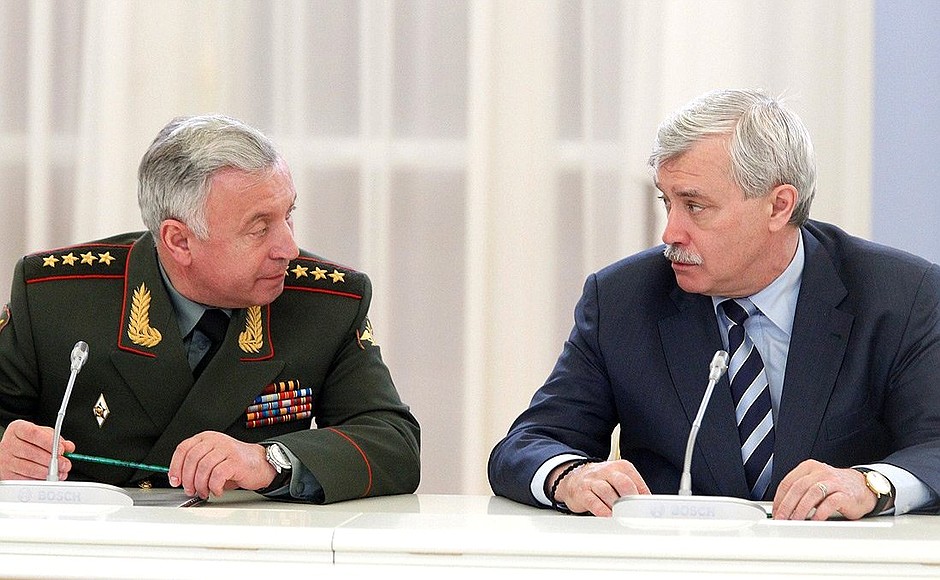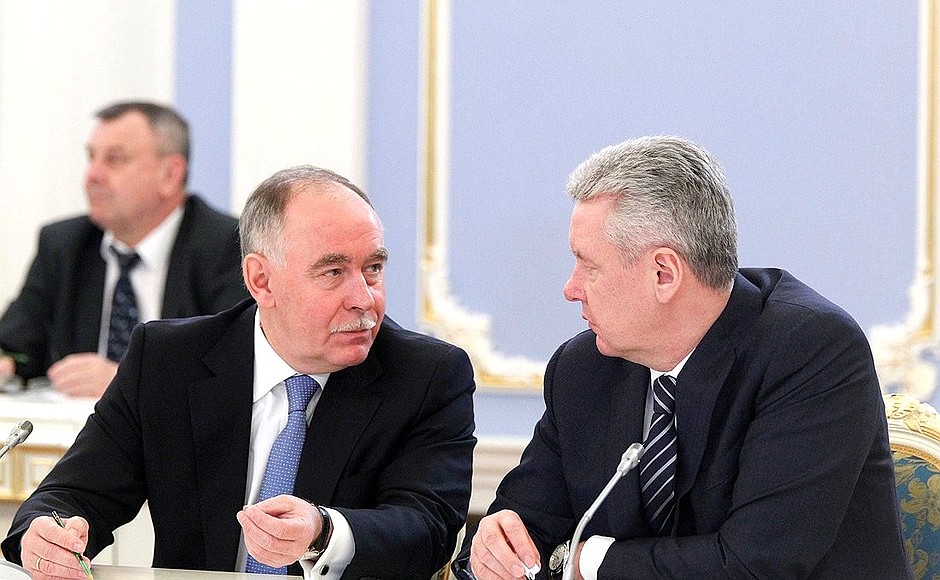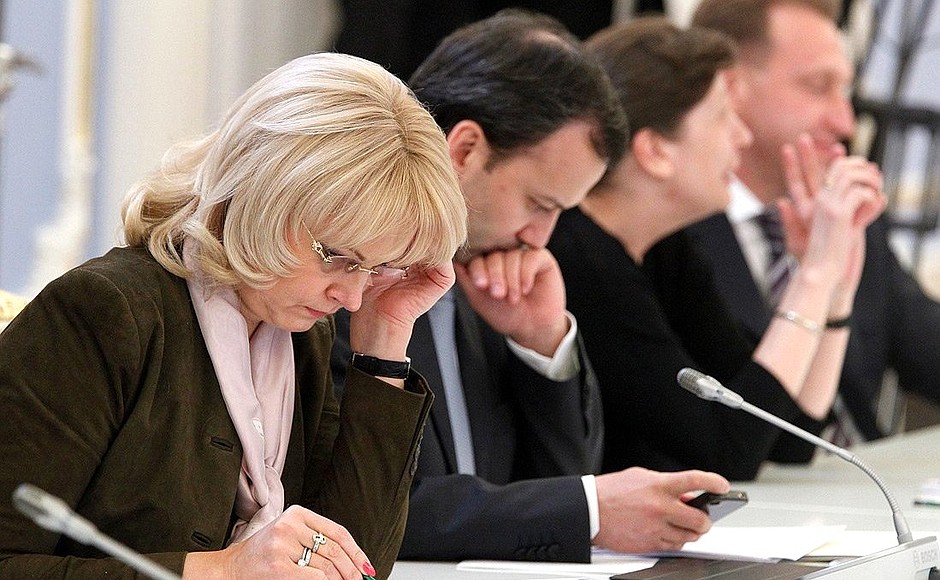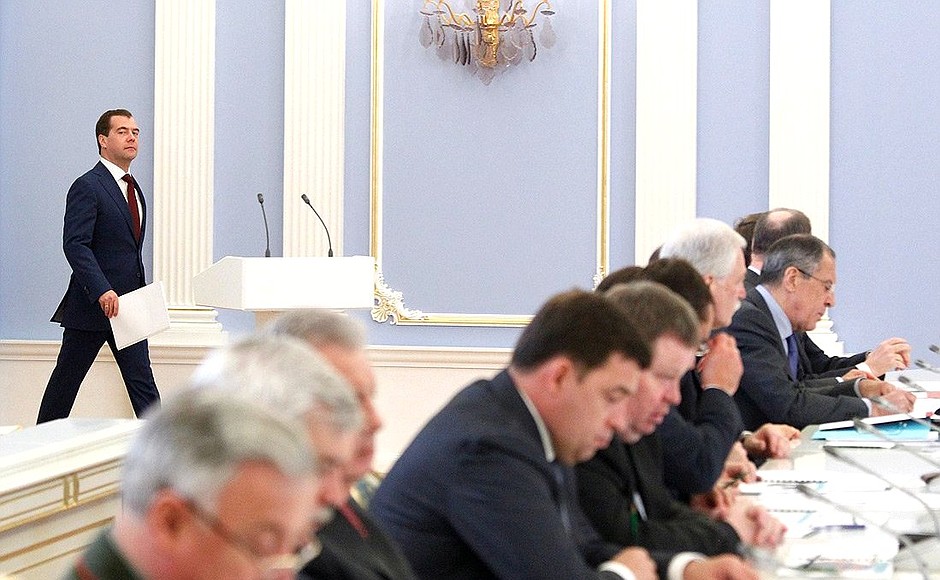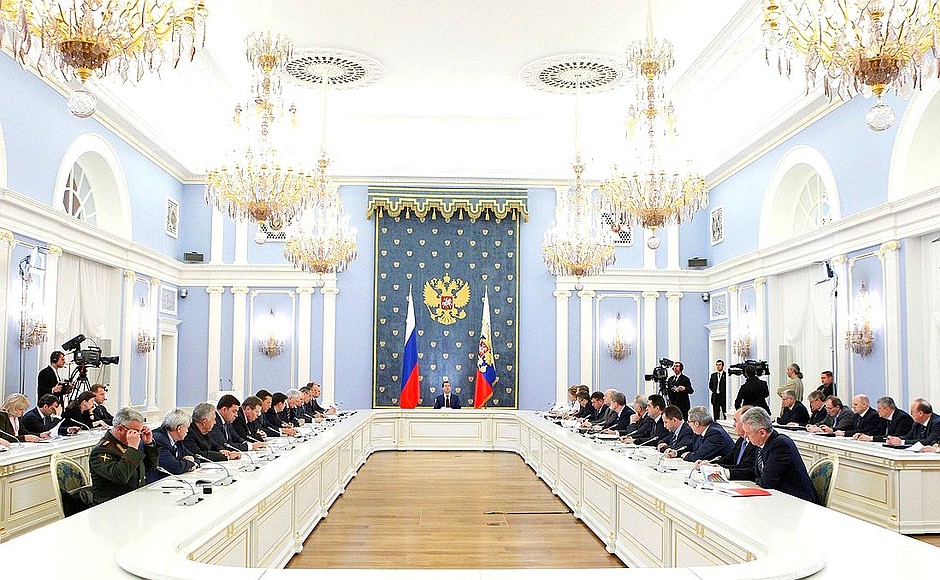* * *
President of Russia Dmitry Medvedev: Good afternoon,
Today we will discuss the draft concept of the state migration policy.
The topic of migration is a highly resonance issue in our lives. People talk and argue about it. Migration issues are the subject of some fairly serious discussions taking place in our society. So we need to determine our key short-term and long-term goals. And we must do that taking into account the global experience. Because our experience, as well as foreign experience, shows that migration processes throughout the world have become systemic in nature, the number of migrants is growing from year to year, but the actual process of migration keeps becoming more difficult and unwieldy. And I am not referring only to migration in our nation, but global migration overall.
The world is becoming more transparent, and the movement of large streams of people is a given. Throughout the world, nations are also trying to find the key to resolving serious problems involving migrants. I am referring first and foremost to the use of their labour potential, as well as their sociocultural adaptation, which is even more complicated and involves significant spending.
Resolving migration-related issues in our nation is critical to forming a civilised labour market and ensuring employment, as well as strengthening the positive trends in Russia’s economy and the development of integration processes in the post-Soviet space.
”Resolving migration-related issues is critical to forming a civilised labour market and ensuring employment, as well as strengthening the positive trends in Russia’s economy and the development of integration processes in the post-Soviet space.“
According to official data – again, I emphasise, this is official data – since 2000, about seven million people have arrived in Russia. It is in large part thanks to this influx that the natural population decline was counterbalanced and the labour market stabilised in certain areas. I am referring to construction, the service sector, many areas of trade, manufacturing industries, and in some cases, agriculture.
Experts predict that migrants may also offset a whole range of negative socioeconomic trends in the upcoming decade, such as shrinking workforce and structural imbalance on the labour market.
At the same time, the lack of an effective system for monitoring migration flows (unfortunately, this is a fact), as well as entrepreneurs’ pursuit of cheap labour (this too, sadly, is a fact) leads to higher numbers of those migrants who are working illegally. This is a major breeding ground for the shadow economy, for corruption and for a variety of crimes. As a result, all of this leads to spikes of xenophobia and interethnic conflicts, which is very dangerous for our nation. We still have many problems with helping migrants adapt, and at the same time, defending their rights and freedoms.
Clearly, our migration policy must fully respond to the current realities and changes that are happening in our nation and throughout the world. The main goal of this migration policy remains as before: meeting the needs of the economy by providing a corresponding workforce, first and foremost by broadening opportunities for our compatriots to return to Russia as permanent residents. In this context, I would like to draw your attention to several major issues.
First, it is imperative that we complete the formation of a system to effectively resolve the full spectrum of issues pertaining to migration policy. For example, up until now, not a single government agency has had complete information on the number of illegal immigrants in our nation. And the calculation methods are very different. Thus, we see different figures, but we still do not fully understand the scale of the problem. We must improve mechanisms for determining our nation’s foreign labour force needs. Perhaps we should also look into simplifying procedures for issuing a whole range of documents.
Second, we should create conditions to allow people to be economically mobile, particularly for the regions with a so-called surplus labour force. Both the government and private companies should work to promote this.
”Russia remains an attractive place to work for an enormous number of people. They must behave decently and live decently in our nation.“
Third, our fight against illegal migration must be much more decisive. Our nation has a rather significant, I would even say, a very large number of foreigners whose legal status is not defined, as well as those who are violating residency rules. Most of the foreigners with undefined legal status or those violating residency rules are not paying taxes. As a result, they exist outside state control, sink to the very bottom of the social structure and join criminal groups and organisations.
Fourth, we have some serious problems with unresolved issues pertaining to migrants’ sociocultural adaptation, as I mentioned earlier. Unfortunately, we must admit that the efficacy of implementing special programmes that promote foreigners’ integration into Russian society is still low. Yes, it isn’t just our problem. There are many such problems in other nations as well, European nations and others, but that does not mean that we should simply wash our hands of it, stating that sociocultural adaptation problems exist not just in Russia but in nations with higher living standards and a higher level of law and order as well. On the contrary, we must be firmer in this respect, given that we have problems with other issues.
And finally, fifth, we should have a more active international component – we must cooperate with CIS nations and other states on migration issues. Practice shows that it is much easier to work together in resolving problems pertaining to countering illegal migration, optimising readmission mechanisms and, of course, unifying migration legislation. Not all of our neighbours take pleasure in cooperating with us on this issue, but that does not mean we shouldn’t encourage them to do this both through moral appeals and by other means at our disposal. You all understand what I am talking about.
Migrants must comply with our legislation. And in this regard, Russia remains an attractive place to work for an enormous number of people, even though we have many problems of our own. They must behave decently and live decently in our nation.
Colleagues, I have indicated several problems; we have more of them in the area of migration, but in any case, I would like to say that we need a powerful and effective migration policy.
<…>
